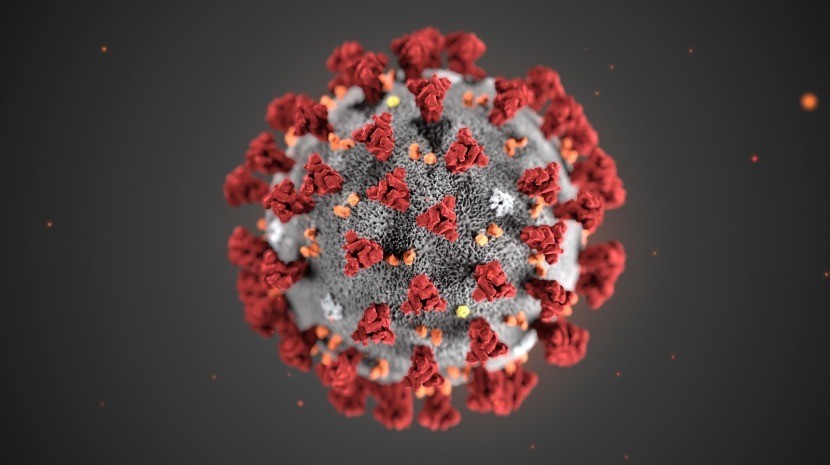Results from a study by the Florida University of Health indicate that three antihistamine drugs have shown they have varying degrees of effectiveness in inhibiting cell infection by the SARS-CoV-2 virus. The findings came about after analysing samples in the laboratory and performing a detailed analysis of nearly 250,000 medical patient records from California.
Preliminary results shown that the use of hydroxyzine, diphenhydramine and azelastine showed “a reduced probability of testing positive for SARS-CoV-2” stated university immunologist, professor David Ostrov. “We later found that these specific drugs showed direct antiviral activity against SARS-CoV-2 in the laboratory.”
The study’s data has the support of lead investigator Leah Reznikov, a professor at the University of Florida, who may also support the launch of a random and controlled clinical trial to determine whether the use of specific antihistamines “can treat or even prevent covid-19 in humans.” The fact that these drugs actually inhibit the virus in the laboratory does not necessarily mean that they actively inhibit it in people, but they can do it,” said Ostrov, stressing that a “formal cause and effect relationship” has not been established, which explains the need for further investigation.
The researchers’ work focused on the angiotensin-converting enzyme (ACE2), a protein and “gateway” that the virus uses to invade human cells, and on the analysis of nearly a quarter of a million patients in California.
They found that patients aged 61-year-old or older who had taken certain antihistamines were less likely to test positive for Covid-19 than those who did not take these drugs. Later, they found that hydroxyzine, diphenhydramine and azelastine “revealed direct and statistically significant antiviral effects” on SARS-Cov-2.
According to Reznikov, the data suggests that all three antihistamines may disrupt the virus’s interactions with ACE2 or join with another protein that interferes with viral replication.
The researchers stressed, however, the importance of people not self-medicating with these antihistamines as a preventive or treatment measure for covid-19 and that any type of use other than that indicated on the package insert should first be discussed with their doctor.
Samantha Gannon
info at madeira-weekly.com



